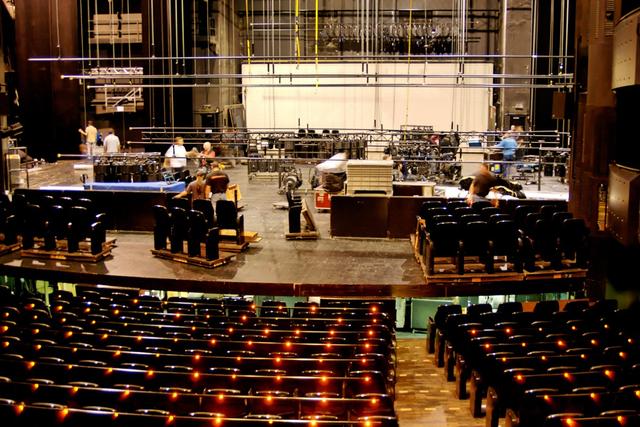Playwrights
Overview

Introduction
Playwrights, also known as writers, dramatists, or script writers, write the story for theatrical productions. The story or script is written in a special format. The playwright writes the words that the characters speak next to or under each character’s name. The individual writes the dialogue, the setting descriptions, and directions for the actors and actresses to take during the production. He or she may also make changes or revisions when necessary when the play is staged.
Quick Facts
Median Salary
Employment Prospects
Minimum Education Level
Experience
Skills
Personality Traits
Earnings
Earnings for playwrights are difficult to assess. Some individuals never make a cent from their work while others make millions. Success comes from a combination of talent, skill, luck, and being at the right place at the right time.
While there are exceptions, such as resident playwrights for theatrical companies, playwrights generally are self-employed. They earn money in a number of w...
Work Environment
Playwrights typically work at a computer for many hours developing scripts for theatrical productions. This may be done in a traditional office setting, home office setting, or simply at a laptop on a kitchen table, in the bedroom, or anywhere else. Writing, by its nature is a solitary activity.
Individuals may travel to meet with producers, potential investors, or publishers. They may ...
Outlook
According to the Bureau of Labor Statistics (BLS), employment of writers and authors in general is projected to experience little or no change from 2018 to 2028. They also indicate that there will be strong competition in this field because so many people are attracted to this occupation. For playwrights, the outlook can be uncertain since many opportunities to produce plays depend on a healthy...
























































